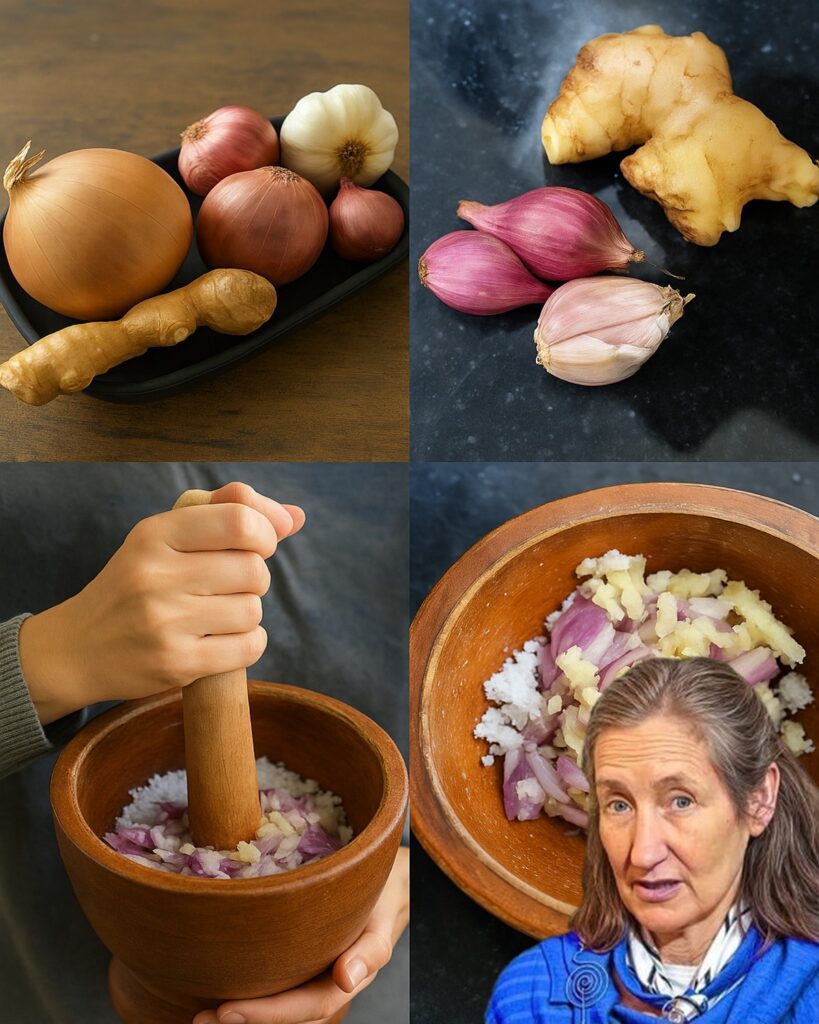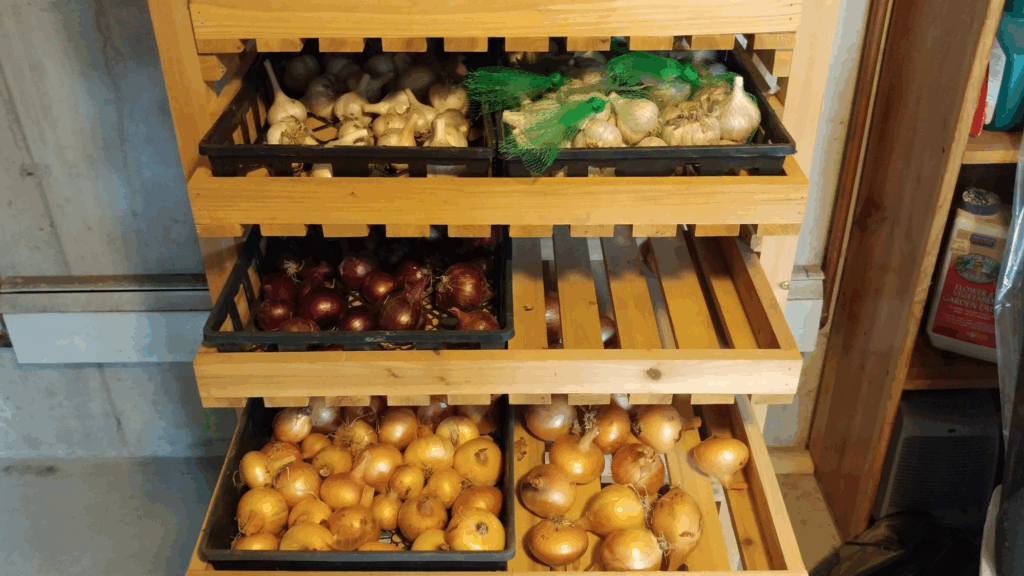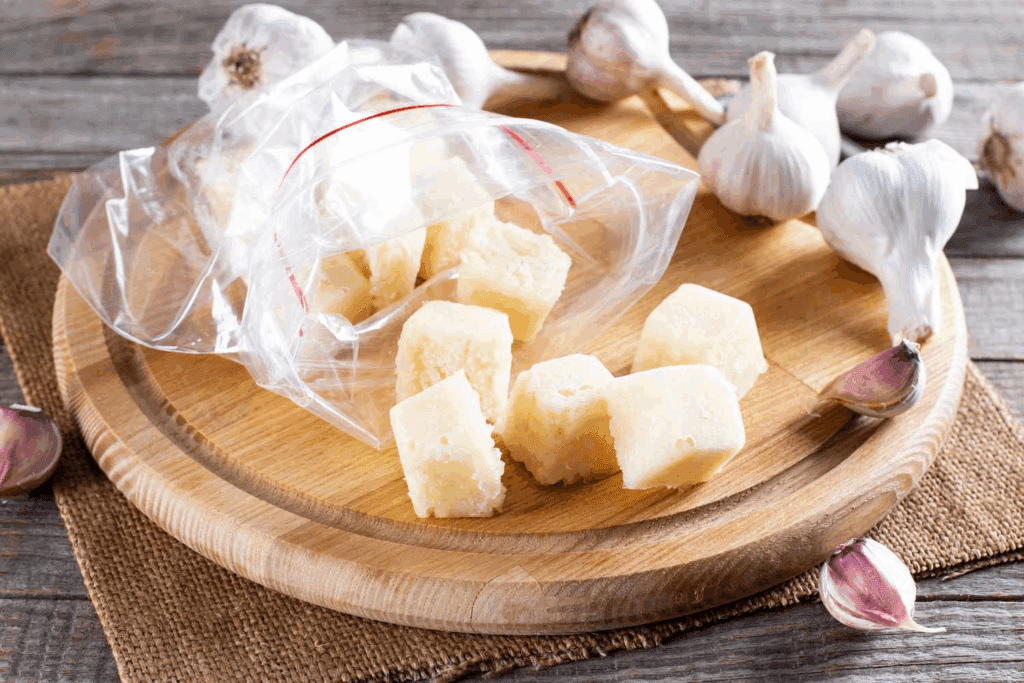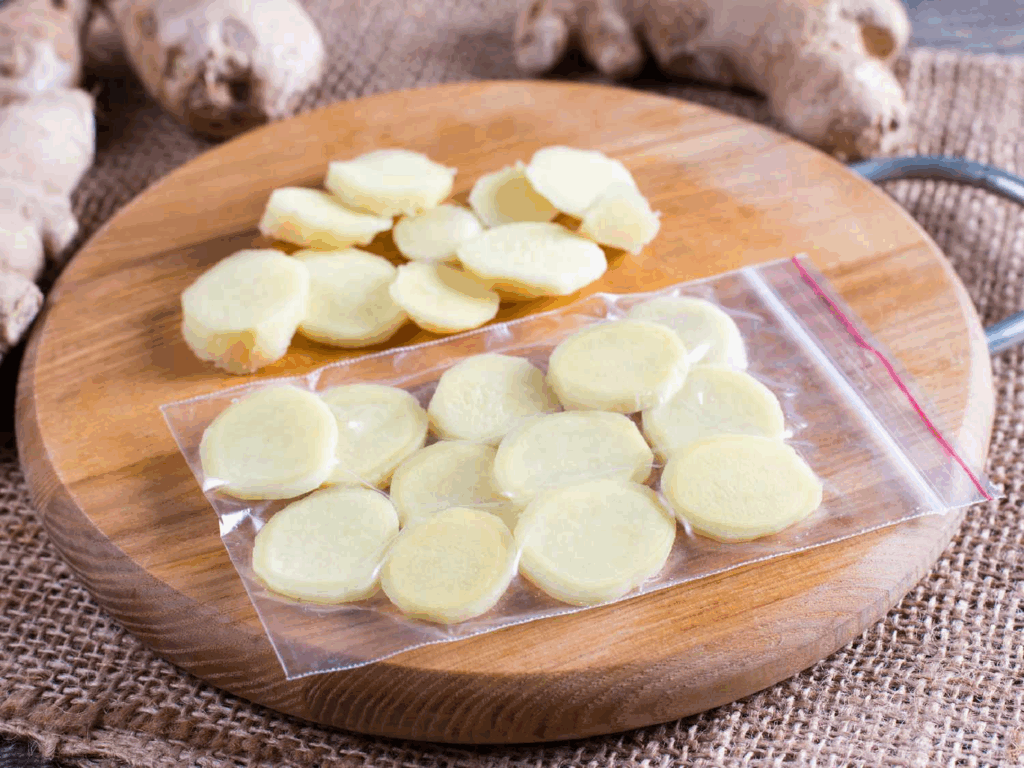Onions, garlic, and ginger are kitchen superstars, adding bold flavors to meals and offering impressive health benefits, from boosting immunity to reducing inflammation. But improper storage can lead to sprouting, mold, or loss of flavor, wasting these valuable ingredients. Learn the best ways to store onions, garlic, and ginger to keep them fresh, potent, and ready for your next dish. With simple techniques, you can extend their shelf life and enjoy their benefits for weeks or even months.
Why Proper Storage Matters for Onions, Garlic, and Ginger
Storing onions, garlic, and ginger correctly preserves their flavor and nutritional value. These ingredients are packed with compounds like allicin in garlic and gingerol in ginger, which research suggests may support heart health and reduce inflammation (source: Harvard Health). Improper storage—such as keeping them in humid or warm conditions—can cause spoilage, diminishing their taste and health benefits. Plus, wasting food means wasting money. By mastering storage, you’ll save time, reduce waste, and keep your kitchen stocked with fresh ingredients.

How to Store Onions for Long-Lasting Freshness
Onions are versatile and durable, but they need the right conditions to stay fresh. Whether you’re using yellow, red, or sweet onions, follow these tips to maximize their shelf life.
- Choose the right spot: Store whole, unpeeled onions in a cool, dry, well-ventilated area (50–70°F). A pantry or basement works well. Avoid refrigerators, as the humidity can cause sprouting or mold.
- Use breathable containers: Place onions in a mesh bag, basket, or bowl to allow air circulation. Avoid plastic bags, which trap moisture.
- Keep them away from potatoes: Potatoes release ethylene gas, which can make onions sprout faster. Store these two separately.
- Check regularly: Remove any onions with soft spots or sprouts to prevent spoilage from spreading.
Pro tip: Chopped or peeled onions can be stored in an airtight container in the fridge for up to 7–10 days. For longer storage, freeze chopped onions in a freezer-safe bag for up to 6 months.

Best Practices for Storing Garlic
Garlic’s pungent flavor and health benefits make it a must-have, but it can sprout or dry out if not stored properly. Here’s how to keep garlic bulbs fresh for months.
- Store at room temperature: Keep whole garlic bulbs in a cool, dry place (60–65°F) with good ventilation. A pantry or countertop away from heat sources is ideal.
- Use a breathable container: Like onions, garlic does best in a mesh bag or open basket. Avoid sealed containers that trap moisture.
- Avoid refrigeration: Cold temperatures can cause garlic to sprout or become rubbery. Only refrigerate peeled or chopped garlic in an airtight container for up to 2 weeks.
- Freeze for long-term storage: Peeled garlic cloves can be frozen whole or minced in a freezer-safe bag for up to 6 months. This is perfect for quick meal prep.
Did you know? Research from the National Institutes of Health suggests garlic’s sulfur compounds may support immune health, so keeping it fresh ensures you get the most benefits.

Storing Ginger to Preserve Its Zesty Flavor
Ginger adds a spicy kick to dishes and is known for its anti-inflammatory properties (source: Mayo Clinic). Proper storage keeps it juicy and flavorful for weeks.
- Refrigerate for short-term storage: Place unpeeled ginger in a resealable plastic bag or airtight container and store it in the fridge’s crisper drawer. It can last up to 3–4 weeks.
- Freeze for longer storage: For extended shelf life, peel and slice ginger, then store it in a freezer-safe bag. Frozen ginger can last up to 6 months and is easy to grate into recipes.
- Store in paper towels: To prevent mold, wrap unpeeled ginger in a dry paper towel before placing it in a bag. This absorbs excess moisture.
- Avoid warmth and sunlight: Heat and light can cause ginger to dry out or sprout, so keep it in a cool, dark place.
Quick tip: Grate frozen ginger directly into stir-fries or smoothies for a burst of flavor without thawing.

Common Storage Mistakes to Avoid
Even with the best intentions, small mistakes can shorten the shelf life of onions, garlic, and ginger. Here are pitfalls to watch out for:
- Storing in plastic bags: Plastic traps moisture, leading to mold or sprouting. Opt for breathable containers instead.
- Keeping them near heat sources: Ovens, stoves, or sunny windows can accelerate spoilage. Choose a cool, shaded spot.
- Ignoring signs of spoilage: Soft spots, mold, or off odors mean it’s time to discard the ingredient. Check your stash weekly.
- Mixing with other produce: As mentioned, potatoes and onions don’t mix, and other fruits like apples can also affect storage.
By avoiding these mistakes, you’ll keep your ingredients fresher for longer and reduce food waste.
Creative Ways to Use Stored Onions, Garlic, and Ginger
Once you’ve mastered storage, put these ingredients to work in your kitchen! Here are a few ideas to inspire you:
- Make a flavor base: Sauté onions, garlic, and ginger together as a base for soups, curries, or stir-fries.
- Boost immunity: Blend ginger into a morning smoothie or tea for its anti-inflammatory benefits.
- Roast for depth: Roast garlic bulbs or caramelize onions for a rich, sweet flavor in dips or spreads.
- Infuse oils: Create garlic- or ginger-infused olive oil for drizzling over dishes (use within a week and store in the fridge).
Share your favorite recipe using onions, garlic, or ginger in the comments below! We’d love to hear how you’re using these kitchen staples.
Maximizing Health Benefits Through Proper Storage
Storing onions, garlic, and ginger correctly doesn’t just save money—it also preserves their health benefits. Onions contain quercetin, an antioxidant linked to heart health, while garlic’s allicin may support immune function (source: WebMD). Ginger’s gingerol can help with digestion and inflammation. By keeping these ingredients fresh, you ensure their active compounds stay potent, giving you the most nutritional bang for your buck.
For best results, use these ingredients within their optimal storage window (1–2 months for onions and garlic, 3–4 weeks for ginger in the fridge). If you notice sprouting or softening, use them quickly in cooked dishes to avoid waste.
Explore more health tips on our site to keep your kitchen and body in top shape!
Final Thoughts
Onions, garlic, and ginger are more than just flavor enhancers—they’re nutritional powerhouses that deserve proper care. By storing them in cool, dry, and well-ventilated conditions, you can extend their shelf life, save money, and enjoy their full health benefits. Whether you’re tossing them into a stir-fry or blending them into a smoothie, these simple storage tips will keep your ingredients fresh and ready to shine.